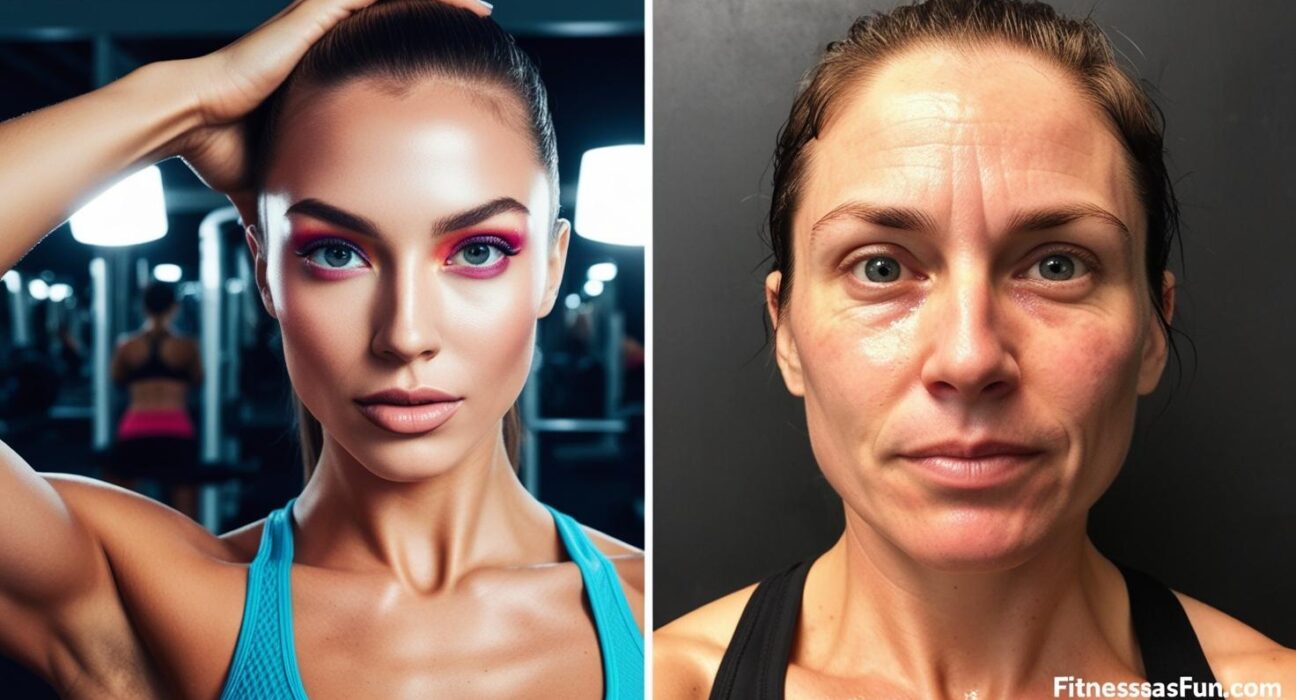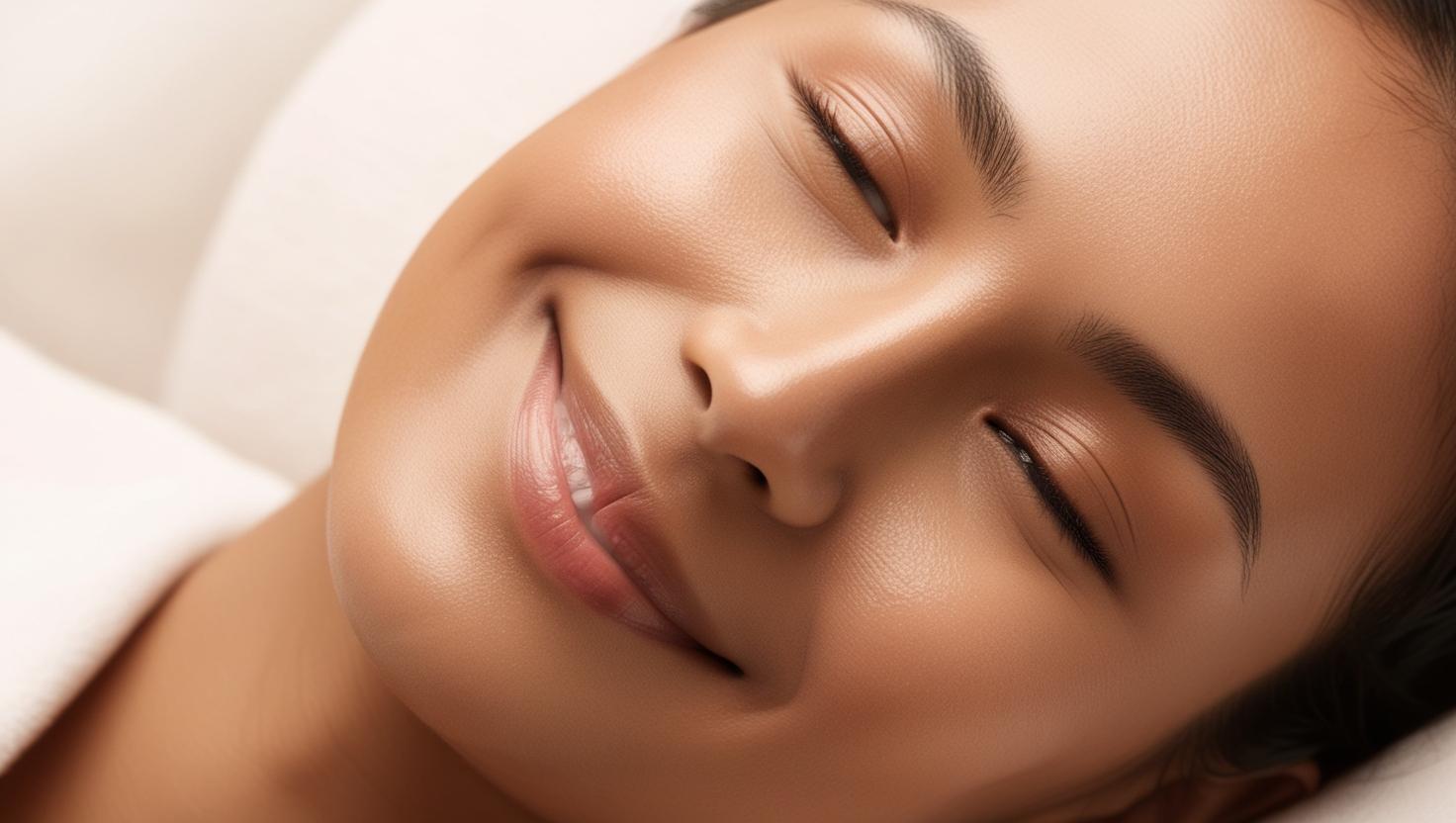The Silent Standard Nobody Talks About
We scroll. We double-tap. We admire. But somewhere between the admiration and aspiration, something darker creeps in—the silent expectation to look healthy, not necessarily be healthy.
On Instagram, a six-pack signals discipline. On TikTok, a green smoothie equals self-love. And on YouTube? A “what I eat in a day” video becomes the new gospel.
But is that real health?
Or just curated compliance?
The Psychology Behind It
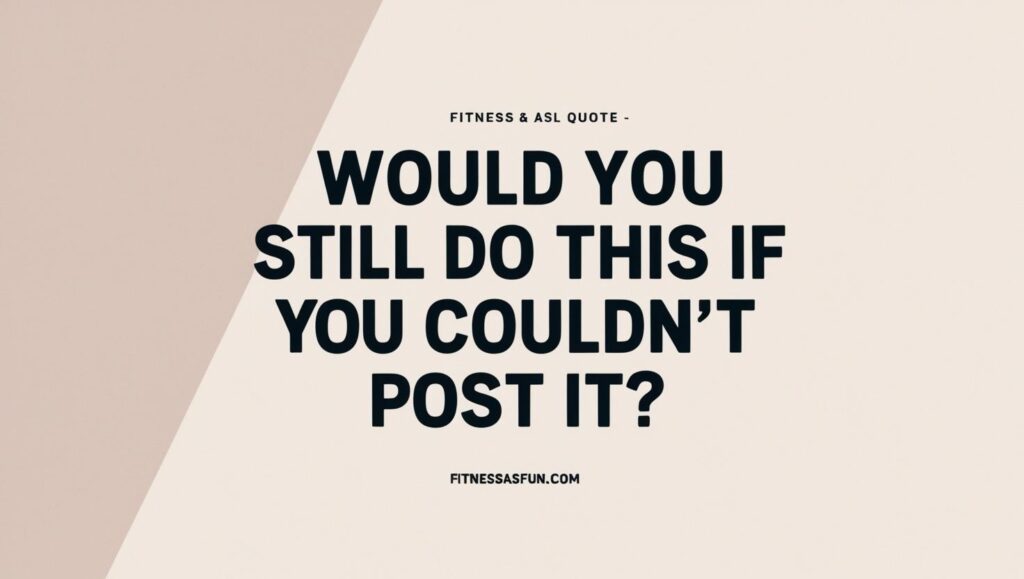
Let’s be real:
People don’t post their exhaustion, their failed workouts, or their recovery days.
Instead, social platforms reward:
- Flawless gym selfies
- Calorie-perfect meal preps
- Transformation photos with perfect lighting
This creates a filtered feedback loop:
- We see idealized “health”
- We compare ourselves
- We feel we must match it—publicly
- We ignore the internal for the sake of the external
Studies from the Journal of Health Psychology show that body surveillance (constantly monitoring how we appear to others) increases when social comparison is high. And guess what drives that comparison today?
Yep—your feed.
Real Health vs. Performed Health
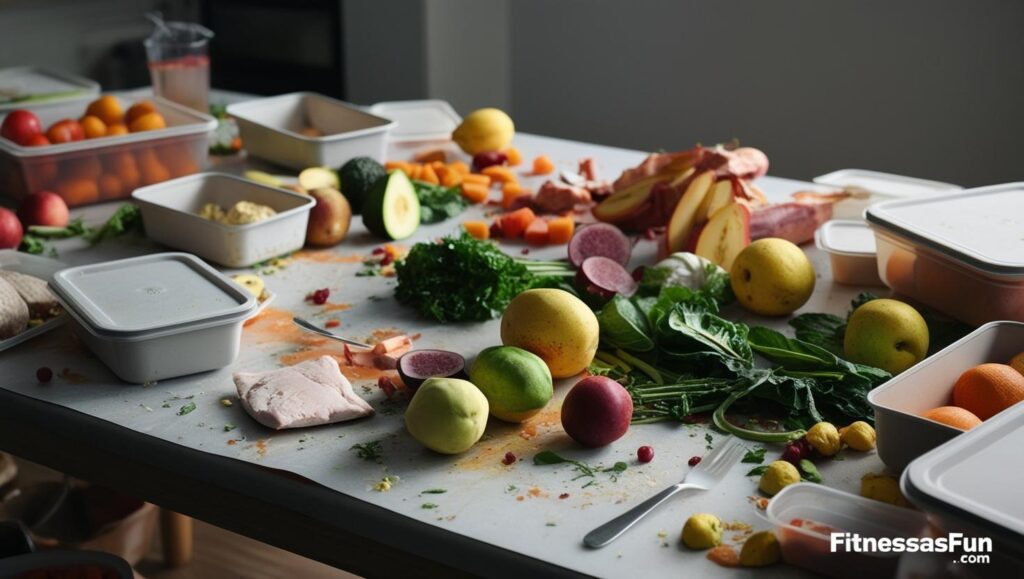
Here’s a simple truth:
You can look fit and be mentally broken. You can look lean and be undernourished. You can post ‘balance’ and live in extremes.
Let’s break it down:
| Performed Health | Real Health |
|---|---|
| Always aesthetic | Often messy |
| About optics | About outcomes |
| Seeks validation | Seeks sustainability |
| Relies on filters | Accepts imperfections |
My Story: The Trap I Didn’t See
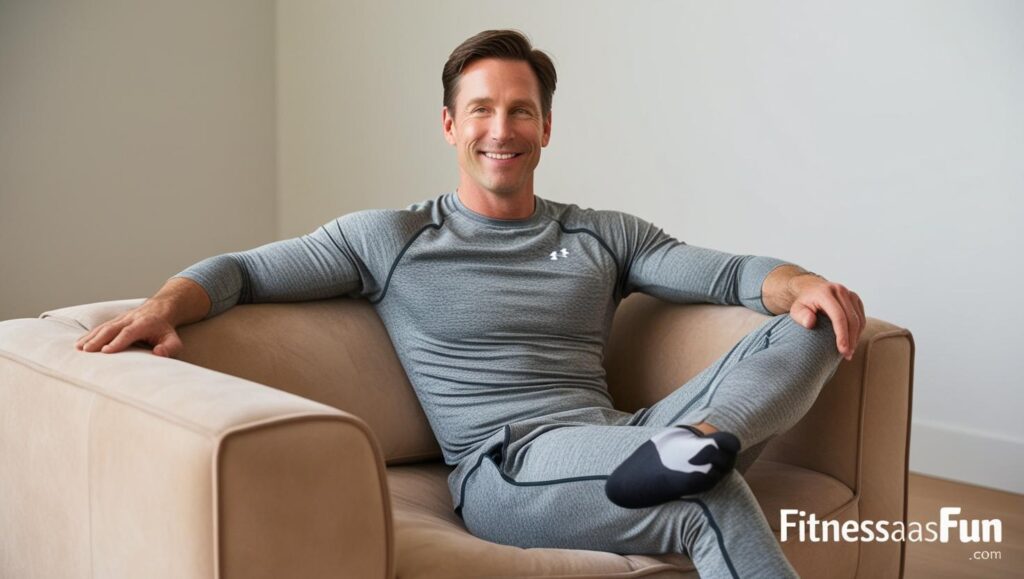
A few years ago, I was deep in it.
I tracked macros religiously, posted progress weekly, and had the abs to show for it.
But behind the posts:
- I avoided dinners out
- I skipped rest days out of fear
- I judged myself if I wasn’t “camera-ready”
It wasn’t discipline. It was anxiety in disguise.
5 Red Flags You’re Chasing Looks Over Health
- You feel guilty skipping workouts—no matter the reason
- You only eat “clean” when you plan to post it
- You compare your body to influencers daily
- You’re afraid of losing your “fit” identity online
- You feel the need to justify your food, body, or lifestyle choices
Sound familiar? You’re not alone. And you’re not broken.
You’re caught in the culture.
What to Do Instead
Here’s how to reclaim your relationship with health—offline first:
- Unfollow accounts that trigger comparison
- Follow people who show process, not perfection
- Remind yourself: health is personal, not performative
- Ask: Would I do this if I couldn’t post it?
- Rest. It’s not laziness—it’s longevity
Final Thought: Let’s Redefine What Healthy Looks Like
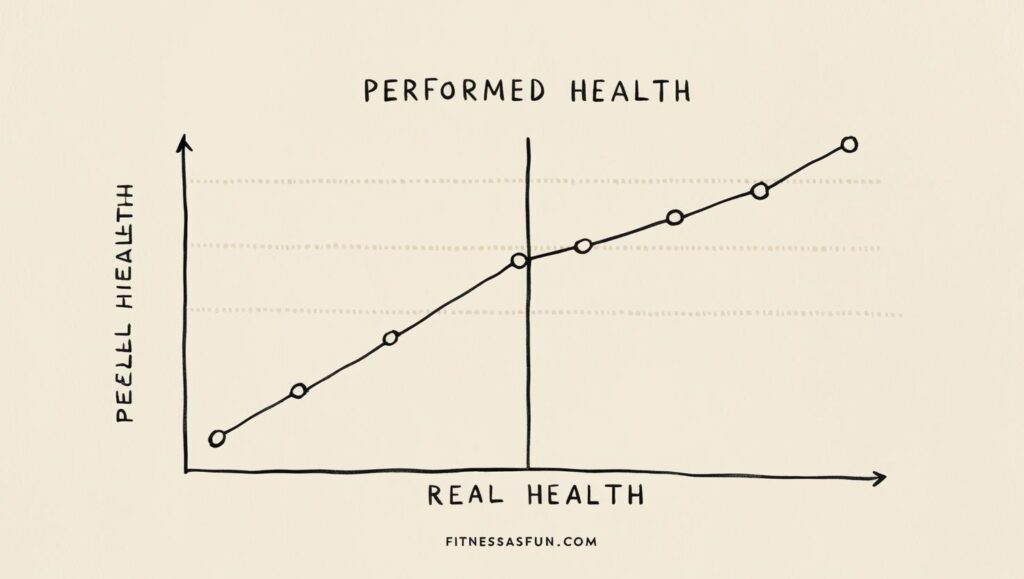
The healthiest people I know:
- Don’t obsess over mirror selfies
- Miss workouts and don’t spiral
- Eat intuitively—not for likes
- Prioritize sleep over step counts
Health isn’t a highlight reel. It’s a lived experience.
It’s time we stop performing and start living.
FAQs
Q: Isn’t posting fitness content motivational?
Absolutely. But it depends on intention and impact. If it motivates others while staying honest, it’s powerful. If it pressures others to conform, it’s toxic.
Q: How do I know if I’m being authentic online?
Ask: Am I posting for connection or validation? Would I still do this if no one saw it?
Q: Can you be fit and still struggle mentally?
Yes. In fact, many “fitfluencers” do. Fitness doesn’t equal mental wellness. Real health must include both.
Q: What does balanced health look like?
It looks like joy, rest, flexibility, strength, and presence. It’s not about looking perfect—it’s about feeling whole.


